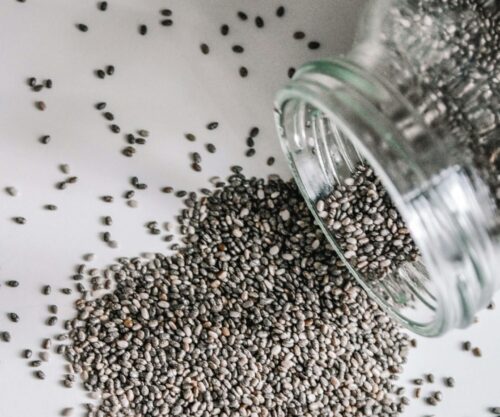
The vitamin coenzyme Q10 (CoQ10) is produced naturally by your body. It can also be found in the foods you eat which includes CoQ10. CoQ10 has an antioxidant effect that guards against cell damage and is crucial for your metabolism. CoQ10 helps your cells grow and stay healthy.
According to the Mayo Clinic as you get older, your body’s levels of CoQ10 drops. Additionally, it has been discovered that CoQ10 levels are lower in those who have specific diseases, such as heart disease, and in those who take statins, which are drugs that lower cholesterol.
WebMD states that several conditions have been treated with CoQ10. The health publication continues by stating that there is evidence to support the claim that CoQ10 supplements may help lower blood pressure.
It also notes that although it is still debatable, some early research indicates that CoQ10 may help prevent or treat the negative side effects of using statin-type cholesterol medications, such as muscle discomfort and liver issues.
According to research, CoQ10 may reduce the progression of Alzheimer’s disease but not stop it. To verify this effect, more study is required notes the health publication.
As women get older, their fertility declines because there are fewer eggs of higher quality. In this process, CoQ10 plays a key role. Healthline states that the body becomes less successful at preventing oxidative damage to the eggs as you age because CoQ10 production slows down.
Male sperm is also vulnerable to oxidative damage, which can lead to infertility, a decrease in sperm count, and poor sperm quality.
Taking CoQ10 supplements appears to improve and may even stop this age-related drop in egg quality and quantity.
This powerhouse supplement is also known to protect against damage to the skin, which may help support healthy skin ageing according to Healthline.
Furthermore some research suggests that CoQ10 might decrease the frequency of headaches.
It’s thought that this supplement may enhance your physical performance because CoQ10 plays a role in energy production. But more research is needed on this notes Mayo Clinic.




